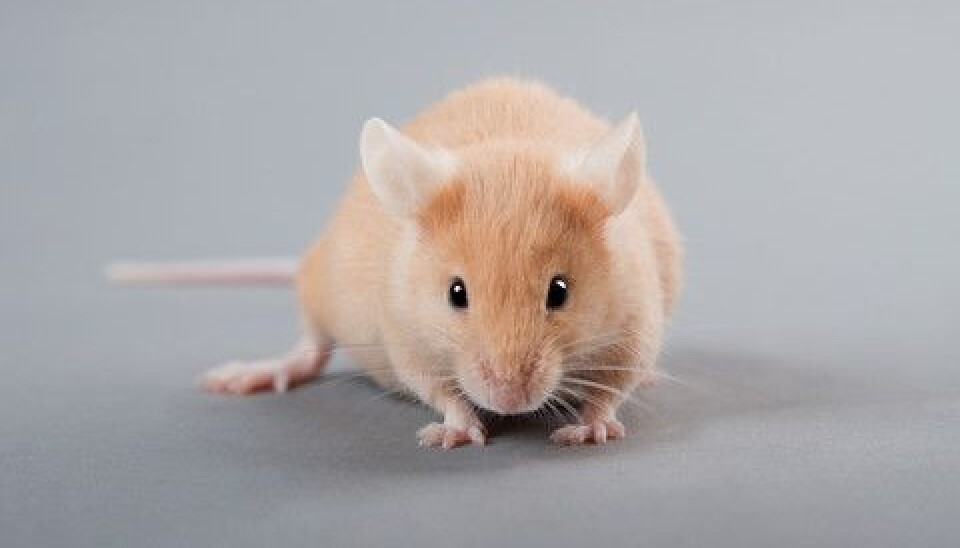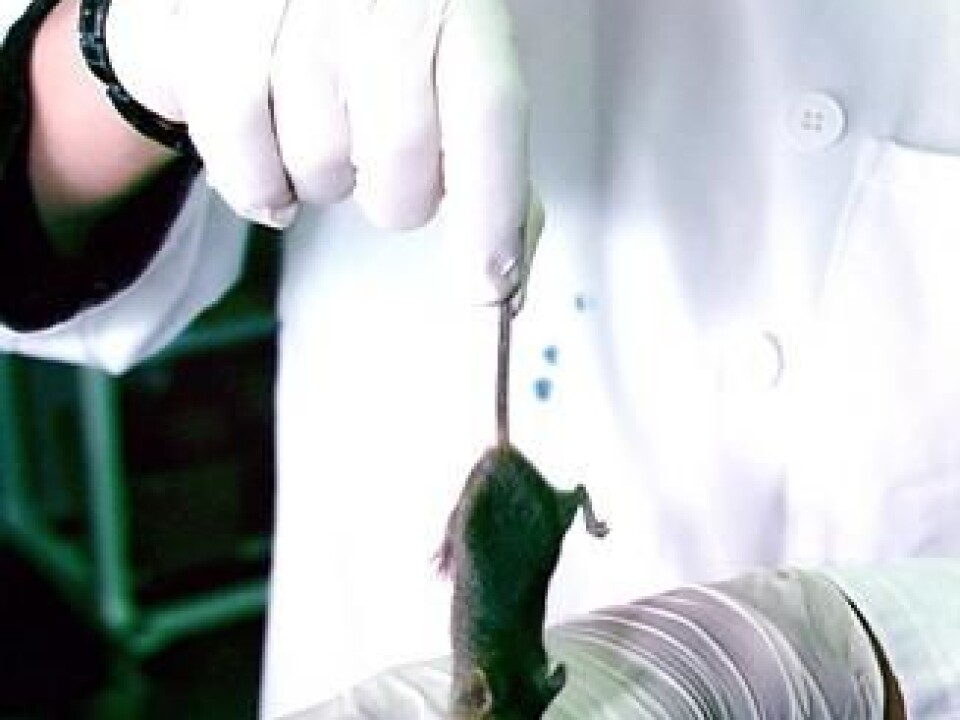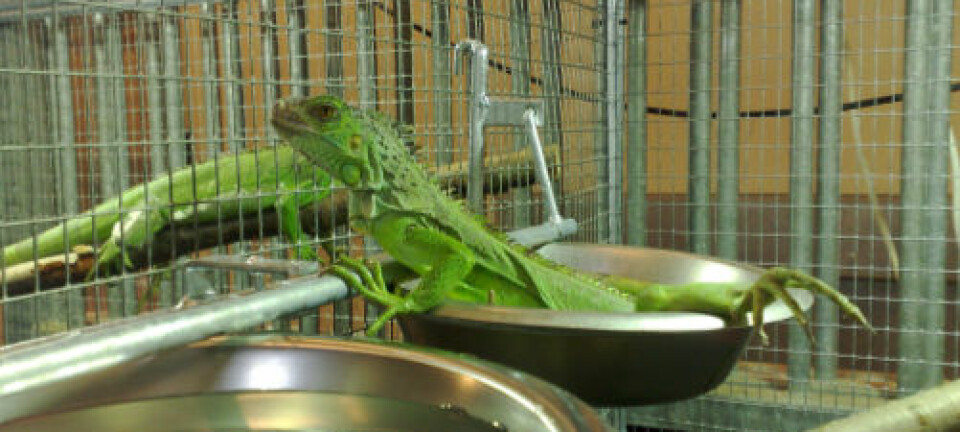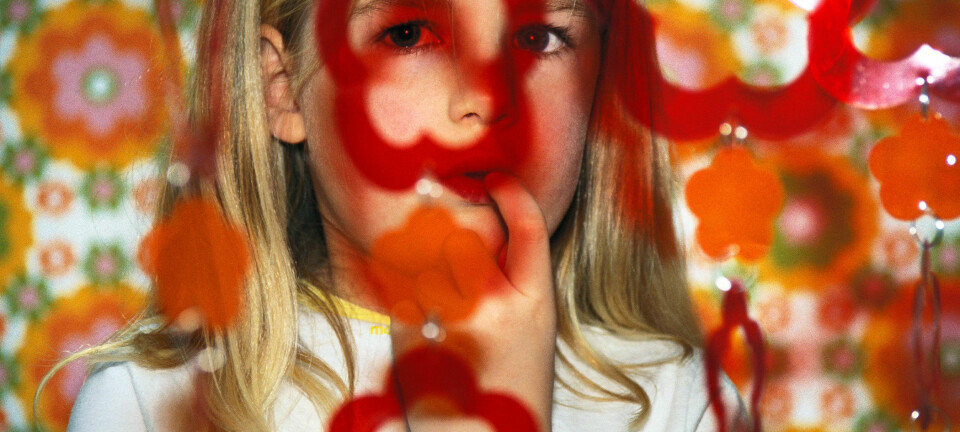
The right intestinal flora may reduce your stress
A study with mice shows that our intestines can host both bacteria that promote stress and bacteria that work against stress.
You probably know them – people who rarely get stressed no matter how much work they have to do or no matter how many children or leisure activities they have.
Perhaps you’re not as lucky.
The difference is actually caused by something as odd as differences in our gut flora, according to a new study.
“The study has given us some fundamental knowledge about how good this intestinal flora is for us,” says Axel Kornerup Hansen, professor of laboratory animal science at the Copenhagen University’s Department of Veterinary Disease Biology, Section for Biomedicine.

“In the longer term, this can help show us both the importance of our diet for our intestinal flora and the importance of factors such as cleanliness during birth.”
In the study, Hansen and his colleagues focused mainly on finding knowledge that can help scientists make better stress tests in mice. But the study also shows that it’s possible to find bacteria that can help humans become less sensitive to the effects of stress.
Stress caused bacteria to breed
The research group headed by Hansen exposed 14 mice to stress by changing the floors of their cages from a solid surface to a net of wires.
During the study, the scientists took samples of the individual mouse’s excrement to determine the bacteria that dominated its intestinal flora, and how this flora developed in relation to the mouse’s behaviour.
In the longer term, this can help show us both the importance of our diet for our intestinal flora and the importance of factors such as cleanliness during birth.
The wire net floor caused changes in the intestinal flora of the mice. There was a rise in the number of a particular bacteria, Alistipes, which is known to cause stomach pains in people with an unsettled large intestine.
Bacteria reduced stress in mice
The scientists also found another interesting relationship.
“This not only shows that the animals’ stress response changes their intestinal flora, but also that this bacteria population is important for how stressed the mice became,” says Hansen.
The mice with intestines dominated by a certain bacteria became more stressed than the other mice, he adds. On the other hand, mice where another bacterium dominated had a lower tendency to become stressed.
Tests can become more effective
Today, researchers are not able to take into account the variation that the intestinal flora of mice cause when the mice are used as test animals in stress tests.
But Hansen’s research results are a step on the path that will lead to that factor being eliminated over time, when conclusions to such tests are drawn.
It will probably be possible to introduce the ideal intestinal flora in mice that were either born without bacteria or have been cleansed with antibiotics. This means the mice will have identical starting points when researchers start their test – and this will give better and more effective tests.
Intestinal bacteria can be difficult to control
But that situation is in the far future, says Hansen.
“Which bacteria we have in our intestines is determined very early on in our lives,” he says. “And it’s extremely difficult to change that later.”
We get many of the bacteria from our mother during birth, while other bacteria come to us from our environment.
“We start to develop ‘oral tolerance’ shortly after birth,” says Hansen. “Through ‘oral tolerance’, your immune system learns to tolerate the bacteria that your body – as a host – must live with for the rest of your life.”
The researcher adds, “New bacteria that are not stored in this ‘computer’ in your early life will be met by a strong immune response later that will hit them with so many antibodies that they will find it difficult, if not impossible, to live in your intestines.”
This mechanism is found in humans, mice and other mammals.
Intestinal bacteria little changed
Scientists have found that mice are most receptive to intestinal bacteria when they are three weeks old. The researchers therefore attempted to introduce selected bacteria into the mice at this precise time.
However, although introducing selected bacteria was initially successful, many of the mice soon expelled the new bacteria and continued with the intestinal flora they had originally.
Solving problems like this takes time, so we should not expect science to produce a pill preventing stress soon.
----------------------------------------
Read the Danish version of this article at videnskab.dk
Translated by: Michael de Laine









